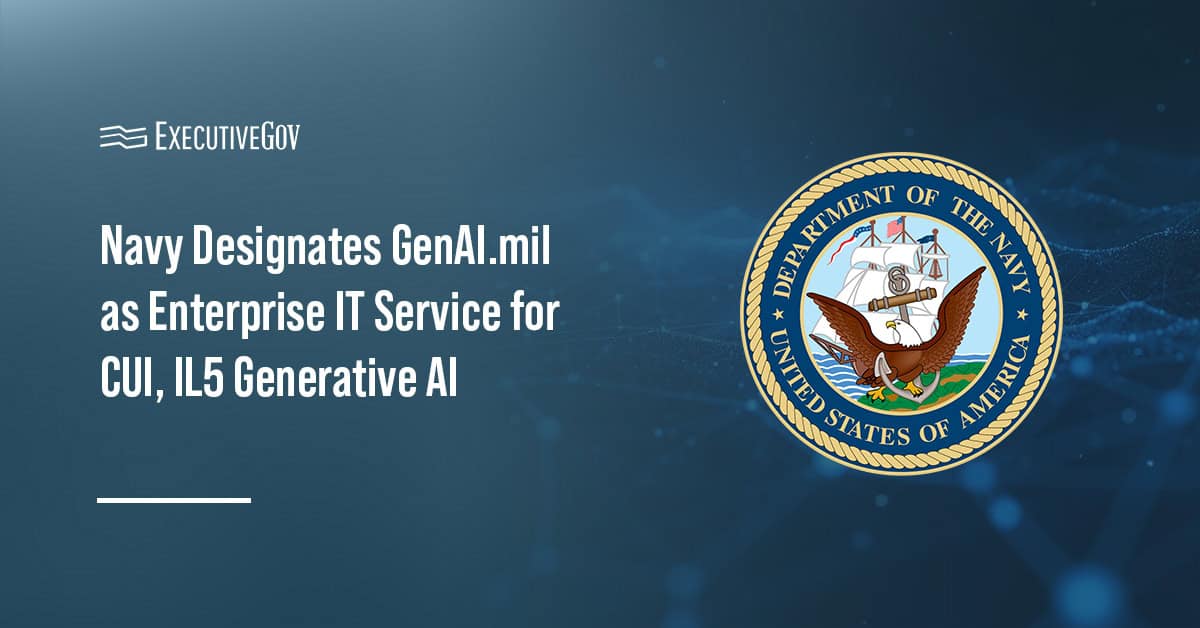
The U.S. Army is preparing to implement a Microsoft-developed, web-based app designed to help equipment officers determine the performance effects of new close-combat gear, Military.com reported Thursday.
John Howell, who leads the Army’s Adaptative Squad Architecture program, said the platform would provide quantitative information such as an equipment’s weight. The effort is intended to equip soldiers as whole warfighting platforms and transition away from the approach of fielding equipment pieces individually.
“In order to treat the soldier as an integrated weapons platform, this is the kind of thing you need to be able to do,” Howell said.
The service branch is also evaluating infantry squads at Camp Shelby, Miss., to gather performance data, in addition to the app, said Brig. Gen. Anthony Potts, head of the Army’s Program Executive Office Soldier.





